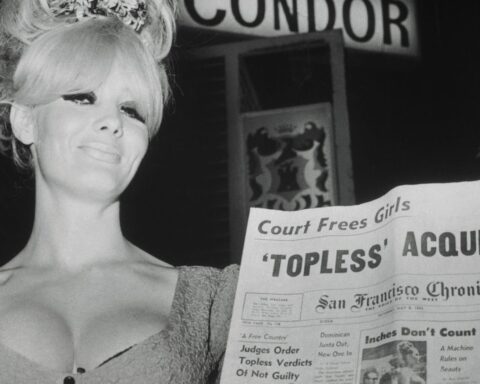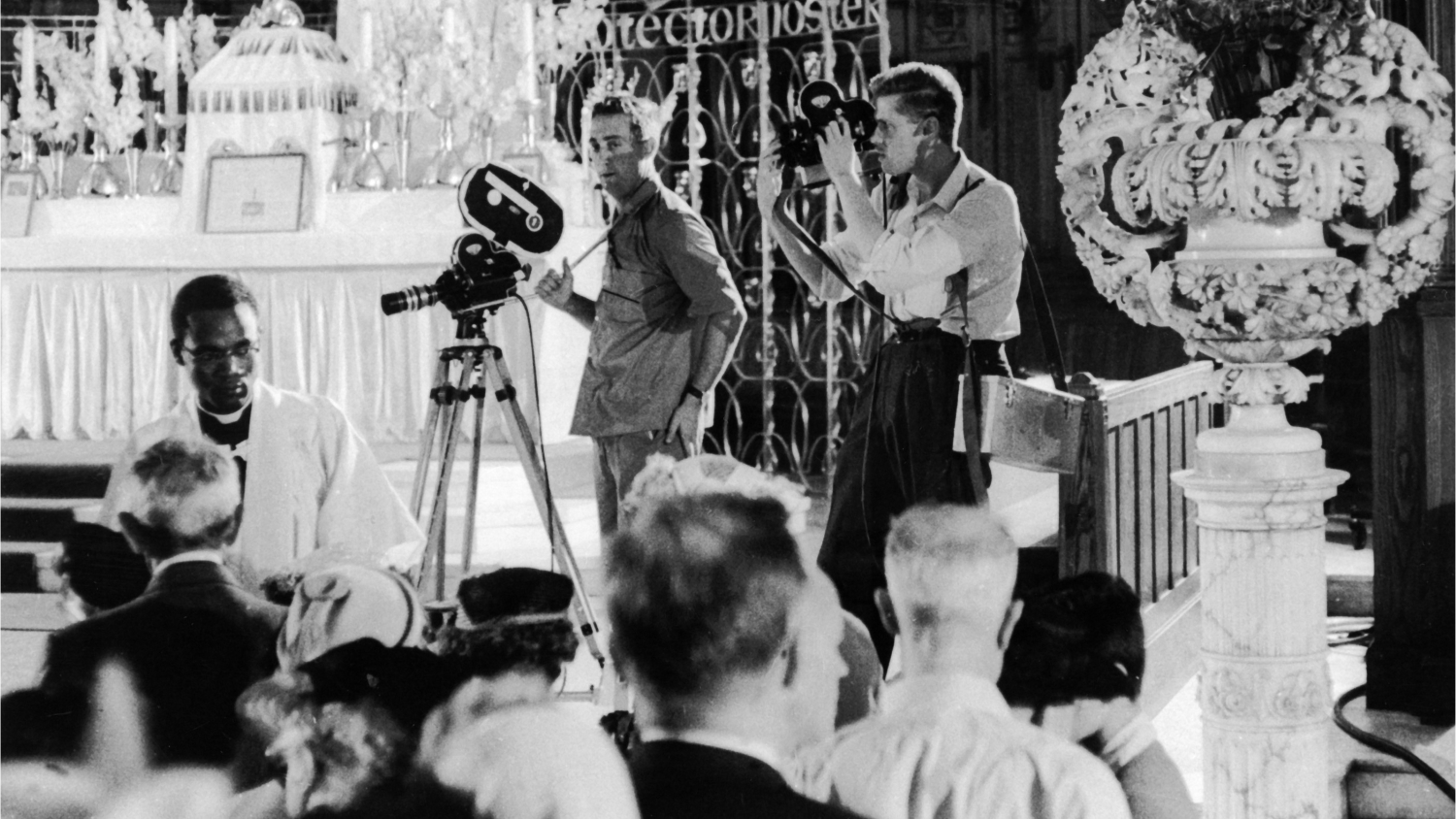Betty Boop For Ever
(France, 51 min.)
Dir. Claire Duguet
Is a beloved cartoon character the pin-up girl for the feminist revolution? Betty Boop For Ever makes a daring case that the iconic figure with the squeaky voice and shapely figure was among cinema’s first true feminists. Director Claire Duguet examines the history of Betty Boop and her role carving space for female empowerment on screen. The film considers Betty’s growth through creator Max Fleischer and the ways in which she reflects changing tides. Betty Boop For Ever includes a respectable glimpse at the character’s greatest hits with perspectives from contemporary women who support the film’s thesis. Betty Boop, with all her teasing boop-oop-a-doop numbers, remains an unlikely symbol of a movement.
The doc situates Betty Boop’s advent in a time when animation was edgier and more daring. Nowadays, even the top suits at Disney dismiss animation as mere child’s play, but Duguet illustrates how the early years of the medium let animators take risks. For one, the doc unpacks Betty Boop’s peculiar anatomy. It highlights how her over-sized head evokes a baby, which lends itself to her constant cooing and endears her to the audience.
Interviewees recall how when Fleischer conceived Betty in 1930, he modeled her on a dog. (Note the droopy cheeks and puppy dog eyes.) However, the film shows how she quickly shed her canine veneer in favour of showing a little leg. As the first woman of animation, Betty Boop features the best attributes of silver screen starlets. There’s a dash of Clara Bow and a splash of Mae West in her flirtatious demeanour.
Boop through the Ages
Duguet lets a chorus of talking heads, including Fleischer’s great-granddaughter, Jeni Mahoney; Academy Award winner Lili Zanuck; who tried to make a Betty Boop movie; and French fashion designer Chantal Thomass, who’s in the film for no clear reason, unpack a history of filmic feminism. They observe how animation let Betty Boop be more sexualized and free than her flesh-and-blood counterparts. The speakers also see through Betty Boop the changes in Hollywood practices. Interviews and clips show how the Production Code watered down Betty’s signature sauciness. Alternatively, they see how she lost her edge in tandem with America. The film credits Boop for anticipating suburban housewives who’d grow bored cooking TV dinners, yet nourish families by turning on the tube.
The doc also looks at other tensions in the Betty Boop oeuvre. For example, it notes how her musicality created space for Black music in mainstream work. Duguet explores how artists like Louis Armstrong got early gigs accompanying Betty. Moreover, the film suggests that their roles, partly enabled via safety net of animation, improved upon retrograde use of blackface in films like The Jazz Singer. At the same time, the doc shows how Betty Boop couldn’t evade casual racism. The images aren’t quite as progressive as the music.
Betty Too?
The film admittedly takes some big swings that don’t quite land in a 51-minute doc. Interviewees try to situate Betty within the Harvey Weinstein scandal and #MeToo. While it might be true that the character reflected harassment and sexism in 1930s’ Hollywood, it’s a bit patronizing to the silence breakers.
What’s somewhat more intriguing, though, is the fact that Betty Boop hasn’t gotten her own feature. She’s the first lady of animation and the inspiration for a wave of women who followed. Despite a wave of interest in intellectual property renewals and nostalgia, Fleischer’s character remains untapped. Hollywood, it seems, won’t budge in its attitude towards women. Maybe the Weinstein segment isn’t too much of a stretch after all.














